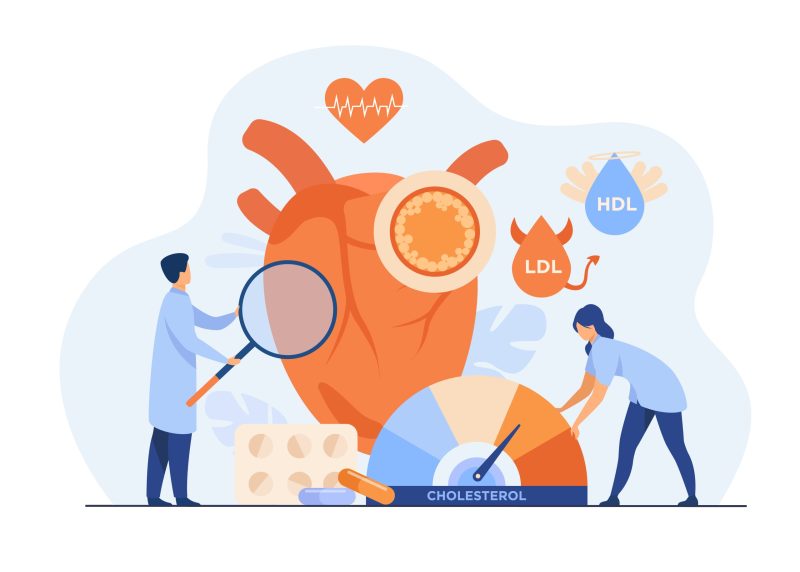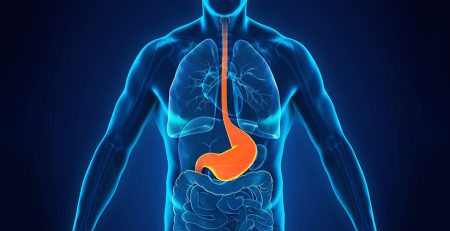Understanding and Managing Heartburn
Heartburn, despite its innocuous name, can be a formidable foe in our daily lives. It’s that uncomfortable burning sensation in the chest that can disrupt meals, sleep, and overall well-being. Understanding its causes, identifying common remedies, and being mindful of dietary triggers are essential steps in managing this common ailment.
Causes of Heartburn
Heartburn occurs when stomach acid backs up into the esophagus, causing irritation and discomfort. Several factors can contribute to this phenomenon:
- Dietary Choices: Consuming acidic, spicy, or fatty foods can relax the lower esophageal sphincter (LES), the muscular ring that separates the esophagus from the stomach, allowing acid to flow upward.
- Lifestyle Factors: Smoking, excessive alcohol consumption, and obesity can increase the risk of heartburn by putting pressure on the abdomen and weakening the LES.
- Medical Conditions: Conditions such as hiatal hernia, gastritis, and gastroesophageal reflux disease (GERD) can predispose individuals to chronic heartburn.
Common Brand Name Products for Heartburn Relief
Fortunately, several over-the-counter medications offer relief from heartburn symptoms:
- Antacids: Tums, Rolaids, and Maalox are popular antacids that neutralize stomach acid, providing quick but short-term relief.
- H2 Blockers: Zantac (ranitidine) and Pepcid (famotidine) work by reducing the production of stomach acid, offering longer-lasting relief compared to antacids.
- Proton Pump Inhibitors (PPIs): Prilosec (omeprazole) and Nexium (esomeprazole) are powerful acid-suppressing medications that can alleviate heartburn symptoms over an extended period.
Dietary Considerations
While medications can provide relief, managing heartburn often involves dietary modifications:
- Avoid Trigger Foods: Spicy foods, citrus fruits, tomatoes, chocolate, caffeine, and carbonated beverages are common culprits that can exacerbate heartburn symptoms.
- Moderate Portion Sizes: Overeating can put pressure on the stomach and increase the likelihood of acid reflux. Opt for smaller, more frequent meals to ease digestion.
- Mindful Eating: Eating slowly, chewing thoroughly, and avoiding lying down immediately after meals can help prevent acid reflux.
Treatment and Prevention
In addition to medication and dietary changes, several lifestyle modifications can alleviate heartburn symptoms:
- Elevate the Head of the Bed: Sleeping with the upper body elevated can reduce nighttime reflux symptoms.
- Weight Management: Losing excess weight can decrease abdominal pressure and reduce the frequency of heartburn episodes.
- Quit Smoking: Smoking weakens the LES and increases the risk of acid reflux. Quitting smoking can significantly improve heartburn symptoms and overall health.
- Stress Management: Stress and anxiety can exacerbate heartburn symptoms. Engaging in relaxation techniques such as meditation, yoga, or deep breathing exercises can help alleviate stress and promote digestive health.
Heartburn is a common condition that affects millions of people worldwide. While occasional heartburn may be manageable with over-the-counter medications and lifestyle adjustments, persistent or severe symptoms warrant medical evaluation to rule out underlying conditions such as GERD. By understanding the causes, identifying trigger foods, and adopting healthy lifestyle habits, individuals can effectively manage heartburn and improve their quality of life. Remember, listening to your body and making informed choices are key to finding relief from heartburn discomfort.











